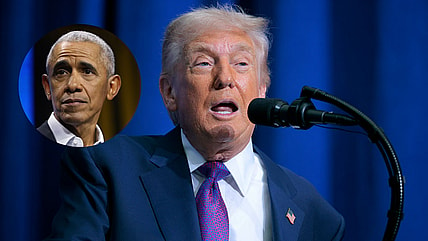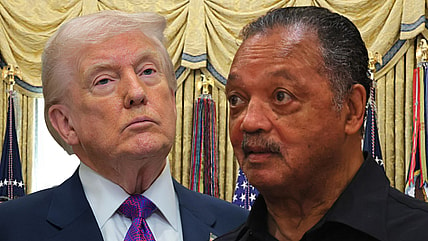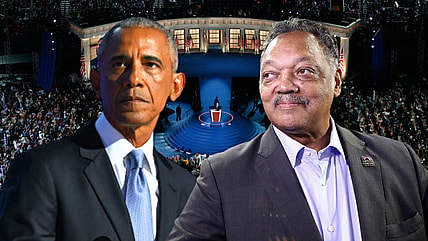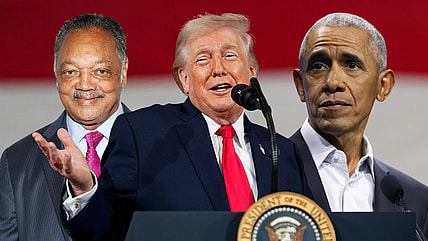All Articles
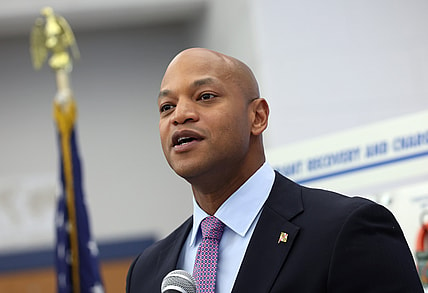
"We will not allow untrained, unqualified, and unaccountable ICE agents to deputize our law enforcement officers,” said Governor Moore.

“It’s pretty remarkable to watch how rapidly the buyer's remorse is setting in for Donald Trump," Dem strategist Joel Payne…

During his speech at the White House’s Black History Month reception, Trump reflected on how “great” Nicki Minaj is; “She…
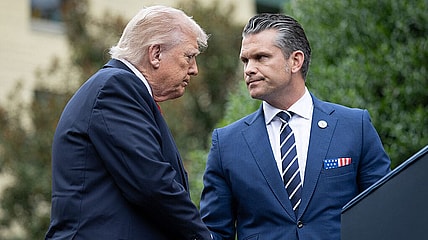
Pastor Doug Wilson, a self-described "paleo-Confederate," has argued that Christian enslavers were on "firm scriptural grounds."

"It’s coming straight from the horse’s mouth,” said White House Press Secretary Karoline Leavitt about a recent Truth Social post.
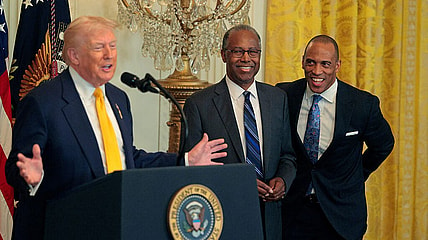
"Trump has failed Black America in his second term the same way he failed Black America in his first term,"…

Kamala Harris is getting candid. In a new interview with Knowa De Baraso, the former VP opened up on Trump,…
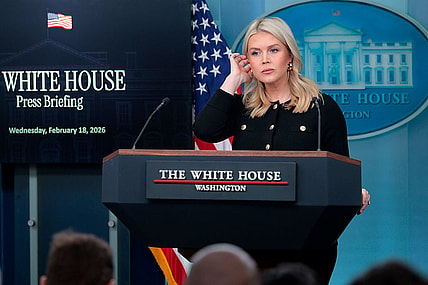
“I'm happy to provide you those receipts,” said White House Press Secretary Karoline Leavitt when asked about Trump being called…
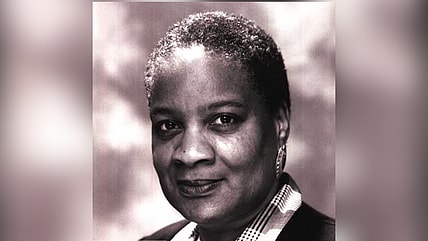
On Feb. 16, Avel Gordly, who made history as the first Black woman elected to Oregon’s state senate, died of…

A spokesperson for Maryland Gov. Moore says Trump, yet again, "has his facts wrong" after the president's attack on Truth…

